A US administration ignores the obvious, choosing betrayal over allies, trading Kurdish lives for a path towards US foreign policy failure. [By William Stuebner and John Sjoholm]
It is exceedingly rare nowadays for the United States Congress to participate in any meaningful bipartisan effort to resolve serious foreign policy issues. The Syria Study Group (SSG) was an abnormality in Washington from day one.
Formed in October 2018 to make recommendations to Congress on US military and diplomatic strategy in Syria, the SSG featured a twelve-member body of actual subject-matter specialists, each with experiences actually relevant to the topic at hand. The election of these individuals to participate in the group is an oddity in the D.C. political environment, where subject-matter merit is often trumped by political loyalty.
Headquartered at and supported by the United States Institute of Peace (USIP) in D.C., the SSG set out to write a comprehensive report within a year. On September 26, 2019, the group presented its Final Report and Recommendations highlighted by laudatory comments from senators Jeanne Shaheen (D-New Hampshire) and Mitt Romney (R-Utah).
The report came out swinging. Within its 49 pages of concise, pithy analysis, it managed to not just describe the complex, often-ignored ground realities in Syria and the Middle East, it offered a series of recommendations that may actually, if adhered to, make a difference.
Seeking to bring peace and stability to Syria, while strengthening America’s national interests in the region, the report made seven key recommendations.
- Consolidate gains in northeastern Syria following the territorial defeat of ISIS and offer an alternative vision for governance, resource allocation, and security in Syria.
- Until conditions inside Syria improve, deny the Assad regime and its backers all avenues for normalisation by enforcing the regime’s diplomatic isolation and maintaining a rigorous sanctions architecture.
- Test and verify Russian willingness to support political settlements acceptable to the United States, but continue activities that increase the costs to Russia for its actions in Syria.
- The United States should remain focused on expelling Iranian forces from Syria but recognise that this is best accomplished in phases. The key near-term goal should be to prevent further entrenchment of Iran and its many partners and proxies while raising the cost to Iran for its support of the Assad regime.
- Seek areas for cooperation with Turkey and address legitimate Turkish security concerns while pressing Turkey to avoid any incursion into northeastern Syria and to improve conditions in the Afrin and Euphrates Shield areas.
- Seek to address the humanitarian crisis in Idlib and counter the presence of terrorist groups there.
- Energise efforts to address the humanitarian crisis inside Syria while taking steps to shore up countries hosting Syrian refugees.
All in all, there is a lot of skilfully placed common sense throughout the pages of the report. This common sense (as rare as it often is in reports such as this) was coupled with the stark reality that any leverage available to the US to pressure the involved parties is severely limited and problematic. The group’s co-chairs identify the main obstacle in the report’s introductory letter.
“Achieving these outcomes will require a long-term commitment to a sound strategy, the careful balancing of ends and means and—most importantly—political support at the highest levels.”
In the immortal words of Hamlet, ay, there’s the rub.
“The United States will not be able to rally allies and partners, or achieve unity of purpose within the U.S. government, if we continue to project uncertainty about our commitment to Syria. Although the Syria Study Group believes our proposals offer a viable way forward to secure U.S. interests, we would not counsel engaging in this effort unless it has the support of the President and the Congress, and unless they are willing to make the case for it to the American people. Our troops, diplomats, and aid workers deserve no less.”
While the report goes to considerable lengths to acknowledge the border configuration concerns of Syria and Turkey, in an effort to assuage Ankara’s concerns, it also acknowledges that the interests of the Kurds must to some degree be met and respected. More so, it concludes that in order to continue to carry out functional regional policies, the US has a direct need to protect the interests of the Kurds.
It is worth pointing out that while the report states that vigorous diplomacy is required to accomplish this form of equilibrium between interests, and that the Kurds must be protected during the process, it does not go so far as to recommend that significant, long-term American military protectionism is necessary.
At the time the report was being written, the US military had begun to carry out joint border patrols with Turkish Forces seeking to establish this equilibrium in anything but name. In essence, before the recent involvement by national leadership and the latest Department of Defense leadership change, the military was largely carrying out what the report would come to recommend doing.

For No Eyes Only
In the report’s introductory letter the group urges Congress and the Administration to consider these findings and recommendations carefully, and to implement them in their entirety. Such a statement is usually found only in reports where the authors believe their findings will run counter to the Washington D.C. zeitgeist … meaning that decisionmakers and their specialists will mark the report down for the “shred-without-reading” treatment.
It is doubtful that President Trump was even made aware of the release of the report, or at least that any White House staffer with access to the president made him aware of it. If anything, the fact that the report was bipartisan and that Senator Mitt Romney was a leading Republican proponent of it, probably guaranteed that the opinions, analysis, and recommendations expressed in it were Dead On Arrival (DOA) without even the faintest hope of gaining any worthy discussion.
In fact, the speed with which President Trump relegated the findings to the ash-heap of history was astonishing. The report was released on September 26th, a Thursday. By Sunday, September 29th, President Trump had suddenly ordered the withdrawal of the bulk of US armed forces operating within Syria; this after a phone call with his Turkish counterpart, President Recep Tayyip Erdoğan. The removal of the bulk of US forces meant that the only true deterrent of merit for a renewed Turkish offensive against the ambitious Syrian Kurds was gone.
Even the Obama Administration, widely seen as having a particular inability to acknowledge prevailing ground truths and dynamics in the Middle East, understood during its later days that such a Turkish military offensive would be a worst-case scenario. It was understood that such an offensive would be a disaster not just in the humanitarian sense, but in the sense of damaging American operational capabilities in the region. It was no secret that the withdrawal of the live-wire that is the American military presence in the Syrian-Turkish borderland would result in a Turkish military offensive.
Such an offensive is likely to lead to the decimation of the Syrian Kurdish forces as well as widespread casualties among Kurdish civilians.
Of course, for observers of US policy in the Middle East, the eventual betrayal of the Kurds had always been just a matter of time. Abandoning the Kurds is something American presidents, sooner or later, always do. This latest duplicity, however, is worse than all that have come before.
In recent years the Syrian Kurds, among others, have valiantly shed blood and lives alongside Western special operations forces in the war against the Salafist-Jihadist militia group, the Islamic State in the Levant (ISIS). The Democratic Union Party (PYD), a Syrian Kurdish political party of a Marxist leaning, were amongst the first to send its militia group, the Kurdish People’s Protection Units (YPG), into battle against ISIS.
The YPG would soon, along with a series of smaller Kurdish militia groups and various Arab militia groups, join in under the US-backed umbrella group known as the Syrian Democratic Forces (SDF). The resulting fighting force, without a doubt, has been among the most efficient fighting forces in the war on ISIS that the US and the West have had at its disposal.
As a result of this investment in manpower, the Kurds have suffered enormous casualties for such a small population. Western news reports suggest the YPG alone has lost approximately 11,000 killed and more than 24,000 wounded. Their sacrifice represents thousands of American casualties that never had to happen.
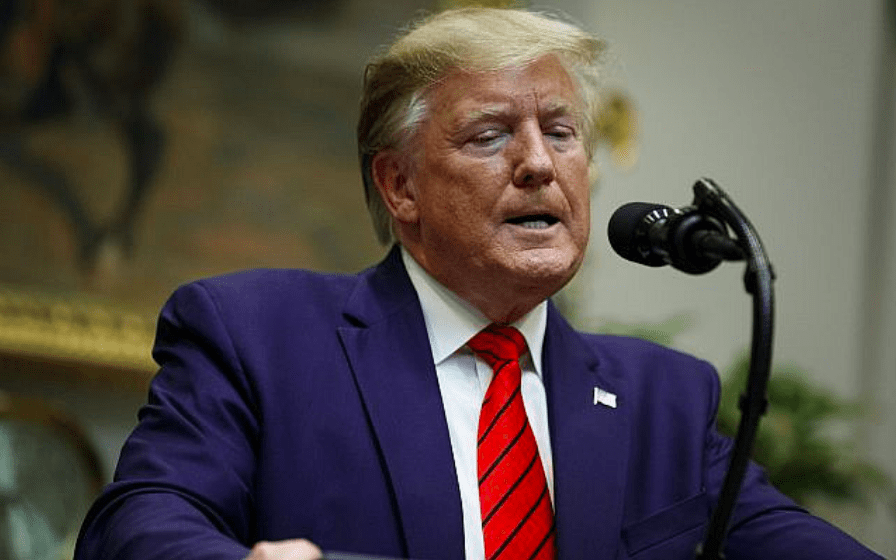
This is not worthy of comment.
Their sacrifice represents thousands of American casualties that never had to happen.
What Happens Next?
The members of the study group and their staff need to accept the fact that they just wasted a year of their lives. The Syrian debacle should also serve as a lesson to the many Washington think tanks that their meetings and publications are unlikely to have significant policy impact in an administration that has abandoned any semblance of a rational, organised policy process.
Also, as it appears that this current administration based a major decision on a personal whim (or on whoever spoke to the President last), there is little reason for the technocrats at the National Security Council (NSC), Department of State, or Defense Department to read reports or attend discussions and attempt to formulate decision papers. While the influence of the “chattering class” was often less than what they believed (or claimed to their donors), now it is almost certain that most of their jobs represent no more than “white-collar welfare”; their publications will only be deemed worthwhile if they support the political arguments of one extreme or the other.
What About the Kurds?
More importantly, what options are left to the Kurds in Syria?
The Kurds have now awoken to the reality that they have yet again been abandoned by their American friends, left to the tender mercies of President Erdogan. The battle-hardened Kurdish militia groups are now facing the significantly better equipped Turkish military. There is little doubt the Kurds will sell their lives dearly. They will, most certainly, make all of the Western advisers and trainers that have had the honour of serving alongside them proud. As they always have.
These battles will not be fair. They will not be of rifleman versus rifleman, as was the war against ISIS where Kurds and SDF had the advantage of Western air support. Now, the Kurds must face a modern, heavily equipped military. This means armour, jets, heavy artillery, and high tech infantry-level equipment. No doubt the Kurds will find the Turkish heavy armour to be convenient targets for well-rehearsed improvised anti-tank tactics combined with the muddy Syrian winter terrain. The Turkish Air Force will also be well aware of what kind of hardware that the Kurds have available, and that can be used against the Air Force fighters.
The Turks’ access to advanced infantry level technology, mostly provided to them by the US, will mean that even the friendly terrain and shadows cast by the Kurds’ longest-running ally, the mountains, will no longer suffice. While the Kurdish fighting men and women are likely to show the Turks a trick or two, it will not suffice when it comes to protecting their population centres against concentrated air and artillery strikes. In a war like this, it will undoubtedly be the civilians who pay the heaviest price of all.
The Turks will likely seek to push the Kurds out of even traditionally ethnic Kurdish enclaves, before following the same tactic the Russians deployed in Crimea; an ethnic redistribution and reconfiguration. While the Turks will likely not go the full mile – all the way to what the international community would call ethnic cleansing – they will stop just short of it. Before long, the Kurdish ethnic majority found today in the Syrian-Turkish borderland will have been replaced with a majority of Syrian Arab ethnicity. The majority of the Kurdish refugees will probably seek a relative safe haven inside northern Iraq, which will ultimately cause a different series of destabilising problems within the decades to come.

February 2019. (Photo: Felipe Dana / AP)]
By strengthening Assad, by extension, Russia and Iran will also be strengthened, further consigning the United States to regional irrelevance, and global weakness.
ISIS Again
Did President Trump even consider what will happen to some 12,000 ISIS suspects currently imprisoned and guarded primarily by Kurdish forces?
ISIS is already rebuilding and has begun to seize the opportunity to organise a mass jailbreak by thousands of their toughest fighters. As of this writing hundreds have already escaped. Their Kurdish guards must either join the fight against the Turks or flee to protect their families. Reportedly, one of the prisons has already been hit by a Turkish airstrike giving the prison guards further incentive to leave their posts.
When asked about the ISIS prisoner problem, President Trump shrugged it off and nonchalantly pointed out that the 4,000 international fighters among them are mostly Europeans and will likely just return to Europe.
This is just what America’s European allies wanted to hear.
Refugees, the Region and NATO: Who and What Now?
Speaking of allies, who will be America’s boots on the ground in Syria now that the US has betrayed the Kurds?
Assad may use the Kurds to some extent against a resurgent ISIS, but he is just as likely to use them against opposition fighters in the Idlib enclave. This could result in a quick government victory in the northwest, adding 1-3 million more Syrian refugees to the already overburdened system. Lebanon will not take in these refugees, and President Erdogan already plans to send a million or more refugees from Turkey into areas that the Kurds will have fled from along the border to effect a thorough ethnic cleansing.
This betrayal may not have a negative effect just on the Kurds.
NATO allies may become increasingly worried about whether or not America will come to their collective defence should they be confronted by an emboldened President Putin. Already concerned about President Trump’s negative characterisations of NATO, abandoning the Kurds will force NATO to reconsider its security options.
Finally, President Erdogan has added one more threat should the European community confront him over his assault on the Kurds and blatant disregard of Syrian sovereignty. Last week Erdogan warned that he controls the gates through which three million refugees could flood into Europe, and that he is ready to open them. Greece has taken his threat seriously enough to make an emergency request to NATO to send ships to block the migrant sea route.
One can only imagine the shame that American advisors to the YPG are feeling right now. It is a shame all Americans should share. Perhaps some think tank can conduct a study on how we should handle our collective guilty feelings.
In the meantime, we have only to ask ourselves, when will the US government’s decision-making process ever show signs of a return to rationality?
William Stuebner and John Sjoholm, for LIMA CHARLIE WORLD
[Additional edits by Anthony A. LoPresti] [Main Image: Courtesy Reuters]
[Subscribe to our newsletter for free and be the first to get Lima Charlie World updates delivered right to your inbox.]
William Stuebner served in the United States Army for twenty years, first in the Infantry and then as a military intelligence officer. The last five years of his career revolved around the wars in Central America where he first led a special intelligence team and then worked as the El Salvador desk officer for the Department of Defense. He was also an assistant professor in the Social Sciences Department of the United States Military Academy where he taught politics and political philosophy.
Stuebner’s Balkans work began in May 1992, shortly after the commencement of hostilities in Bosnia and Herzegovina and continues to this day. His assignments included: Humanitarian Assistance Officer for the Department of Defense; Bosnian Field Representative for the Office of Foreign Disaster Assistance, United States Agency for International Development; Expert on Mission, Office of the Prosecutor, International Criminal Tribunal for the Former Yugoslavia (twice); Senior Deputy Head of Mission for Human Rights and Chief of Staff, Organization for Security and Cooperation in Europe Mission to Bosnia and Herzegovina. He has also headed two Non-Governmental Organizations dealing with international criminal justice and peace building.
John Sjoholm is Lima Charlie’s Middle East Bureau Chief, managing editor, and founder of the consulting organisation Erudite Group. He is a seasoned Middle East and North Africa expert, with a past in the Swedish Army’s Special Forces branch and the Security Contracting industry. He studied religion and languages in Sana’a, Yemen, and Cairo, Egypt. Between 2007-2011 he was an adviser to the President of Yemen, Ali Abdullah Saleh. He has lived in the Middle East since 2005, and has been part of a multitude of Western-backed regionally stabilising projects. He currently resides in Egypt. Follow John on Twitter @JohnSjoholmLC
Lima Charlie World provides global news, featuring insight & analysis by military veterans, intelligence professionals and foreign policy experts Worldwide.
For up-to-date news, please follow us on twitter at @LimaCharlieNews
In case you missed it:

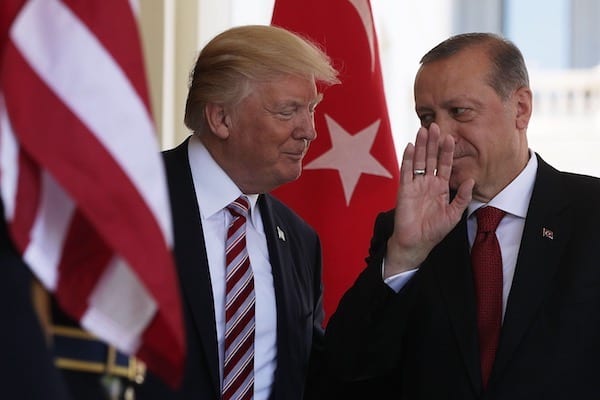
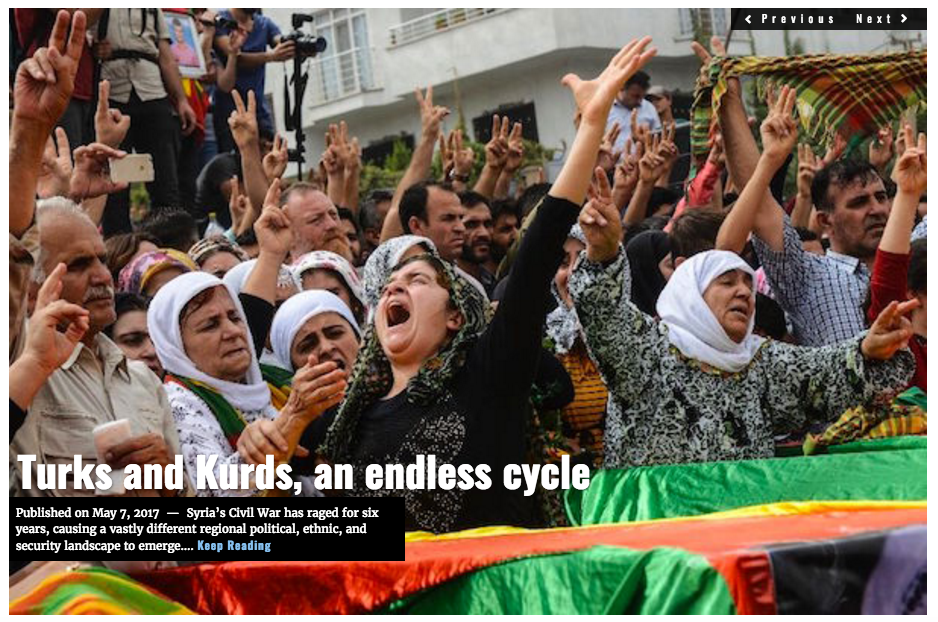
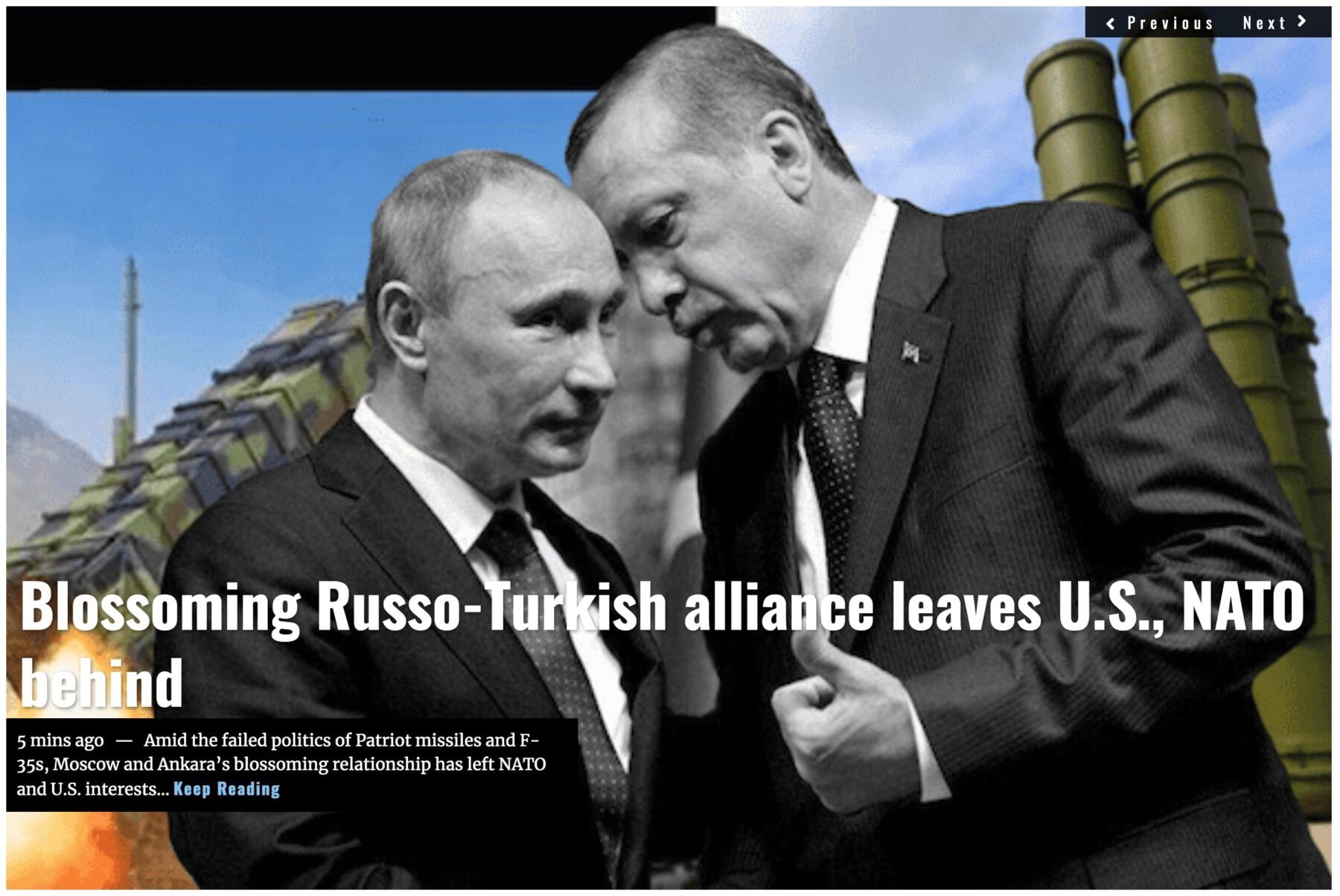
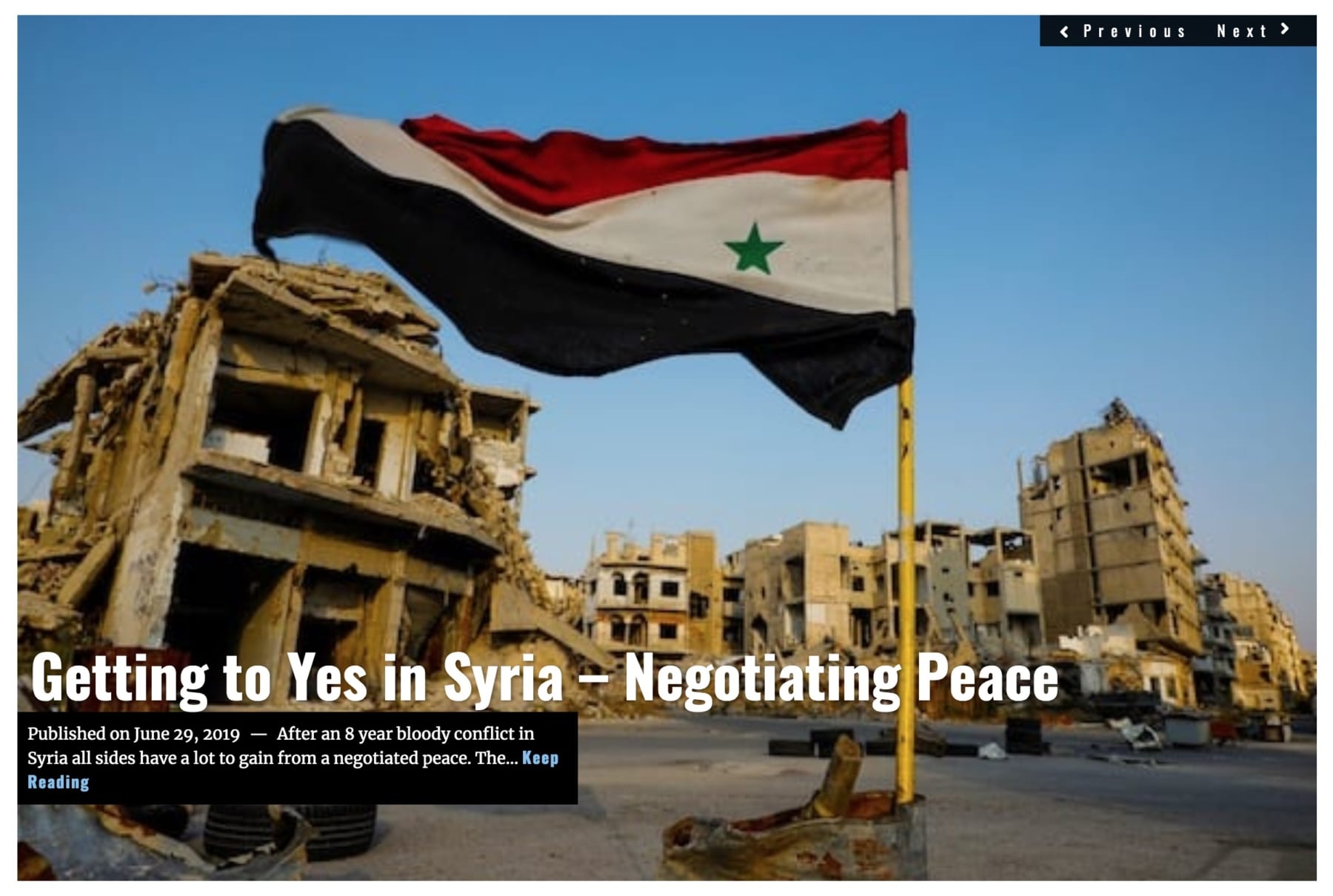
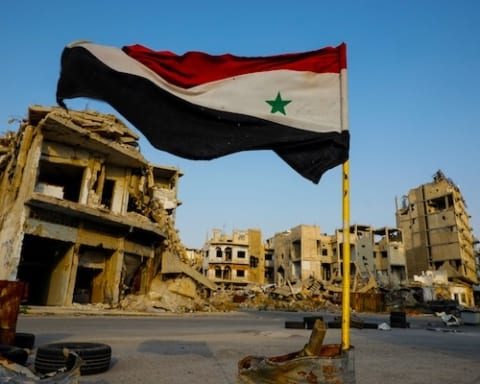
![A Trump war crime pardon dishonors us all [Lima Charlie News]](https://limacharlienews.com/wp-content/uploads/2019/05/A-Trump-war-crime-pardon-dishonors-us-all-Lima-Charlie-News-480x384.png)
![Syria’s oil, gas and water - the Immiscible Solution to the War in Syria [Lima Charlie News][Photo: ANDREE KAISER / MCT]](https://limacharlienews.com/wp-content/uploads/2019/05/Syria’s-oil-gas-and-water-480x384.png)
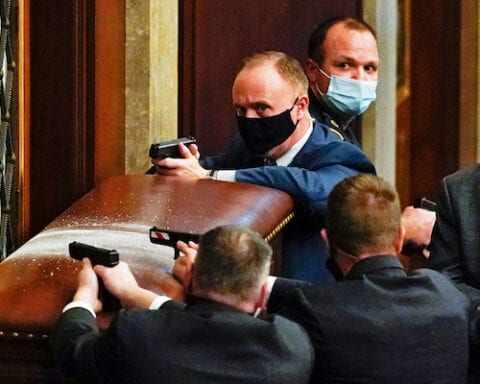

![Image Memorial Day may soon be a remembrance of democracy and those who had the courage to defend it [Lima Charlie News]](https://limacharlienews.com/wp-content/uploads/2018/05/Memorial-Day-may-soon-be-a-remembrance-of-democracy-and-those-who-had-the-courage-to-defend-it-Lima-Charlie-News-480x384.png)
![The Mind of Bolton - AUMF and the New Iran War [Lima Charlie News]](https://limacharlienews.com/wp-content/uploads/2019/05/Inside-the-mind-of-Bolton-Lima-Charlie-News-main-01-480x384.png)
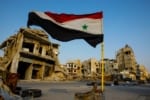
![A Trump war crime pardon dishonors us all [Lima Charlie News]](https://limacharlienews.com/wp-content/uploads/2019/05/A-Trump-war-crime-pardon-dishonors-us-all-Lima-Charlie-News-150x100.png)
I can’t figure out why any country trust’s us.
We hung the kurds out during ol’man bush. Evidently, they don’t learn quickly.
I love this..
“ Test and verify Russian willingness to support political settlements acceptable to the United States, but continue activities that increase the costs to Russia for its actions in Syria.“
We have bombed i to oblivion countries with the same attitude.
How bout we get out of Syria‽ we are there criminally/illegaly and most likely guilty of mass war crimes there.
I’d like to see china and russia do to us what we have done to syria. Most importantly, they should use the Exact same Words we did to criminally invade syria. Just make the appropriate syntax substitutions.
The Empire is crumbling, it is obvious.
Who will be “the one”
Thanks for your personal marvelous posting! I definitely enjoyed reading
it, you can be a great author. I will be sure to bookmark your blog
and will come back sometime soon. I want to encourage
you to definitely continue your great job, have a nice
weekend!